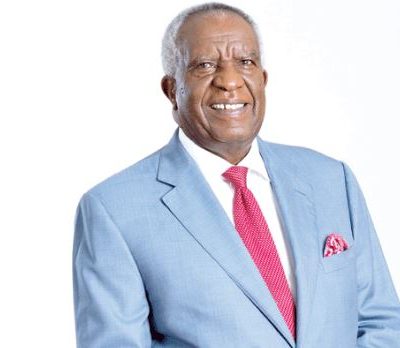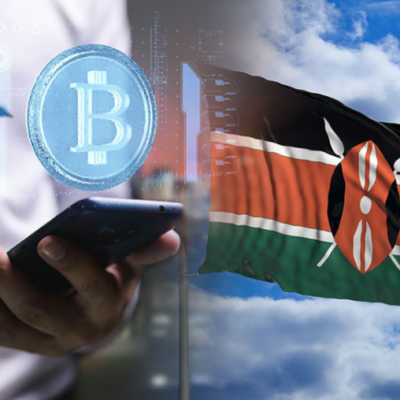At first glance, KSh 200,000 in Kenya and $1 million in the United States seem worlds apart. The sheer difference in figures might tempt anyone to think the latter is far superior — but the truth is more nuanced.
In Kenya, earning KSh 200,000 a month places you among the top 2% of income earners. It’s a comfortable salary that can cover rent in an upper-middle-class neighborhood, fund a car loan, provide good healthcare, and still leave room for savings or small investments. Life in Kenya, though increasingly expensive, still offers affordable options for food, domestic help, and schooling — privileges that would cost a fortune in the U.S.
On the other hand, $1 million in America, once a symbol of financial freedom, has lost much of its weight. High taxes, insurance costs, rent, and inflation have eroded its real value. In major cities like New York, San Francisco, or Los Angeles, $1 million can barely buy a modest apartment or sustain retirement for more than a few years.
However, the comparison goes beyond currency. The U.S. offers better infrastructure, healthcare, and economic stability — things that, in theory, give that $1 million more structural safety. Kenya, while riskier economically, offers higher purchasing power for lifestyle and comfort.
Critical Analysis:
The real question isn’t which is “better” — it’s what kind of life you want. In Kenya, KSh 200,000 gives you access to a comfortable, service-rich life where money stretches further. In the U.S., $1 million gives you access to systems — but not necessarily luxury or leisure.
In essence, context defines value. Money isn’t universal — it’s local. A millionaire in America might envy the lifestyle of a 200K earner in Kenya who enjoys family support, affordable help, and community. Conversely, that same Kenyan might envy the American’s stability, credit access, and global opportunities.
So, which is better? It depends on what you value more — comfort and community or security and systems.





